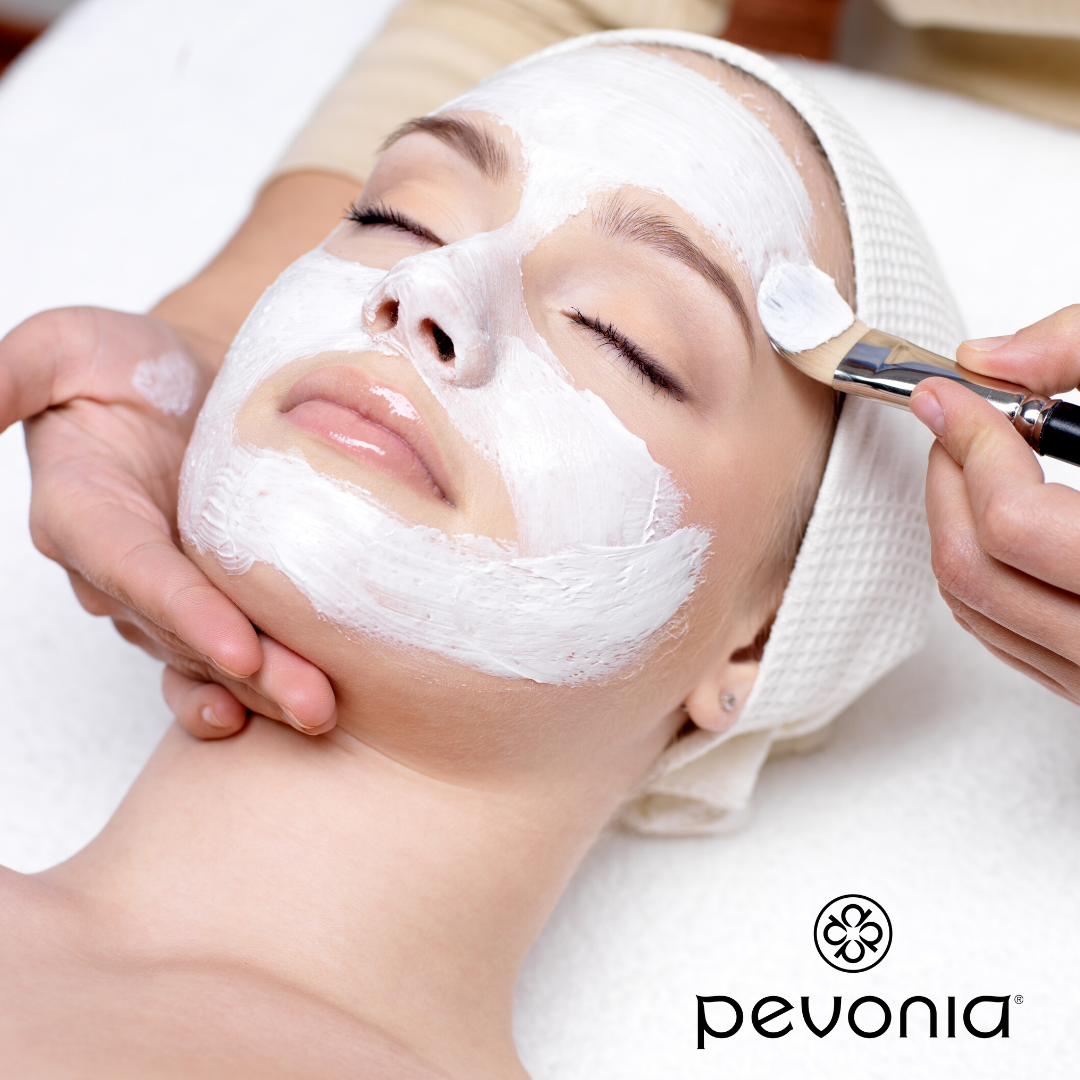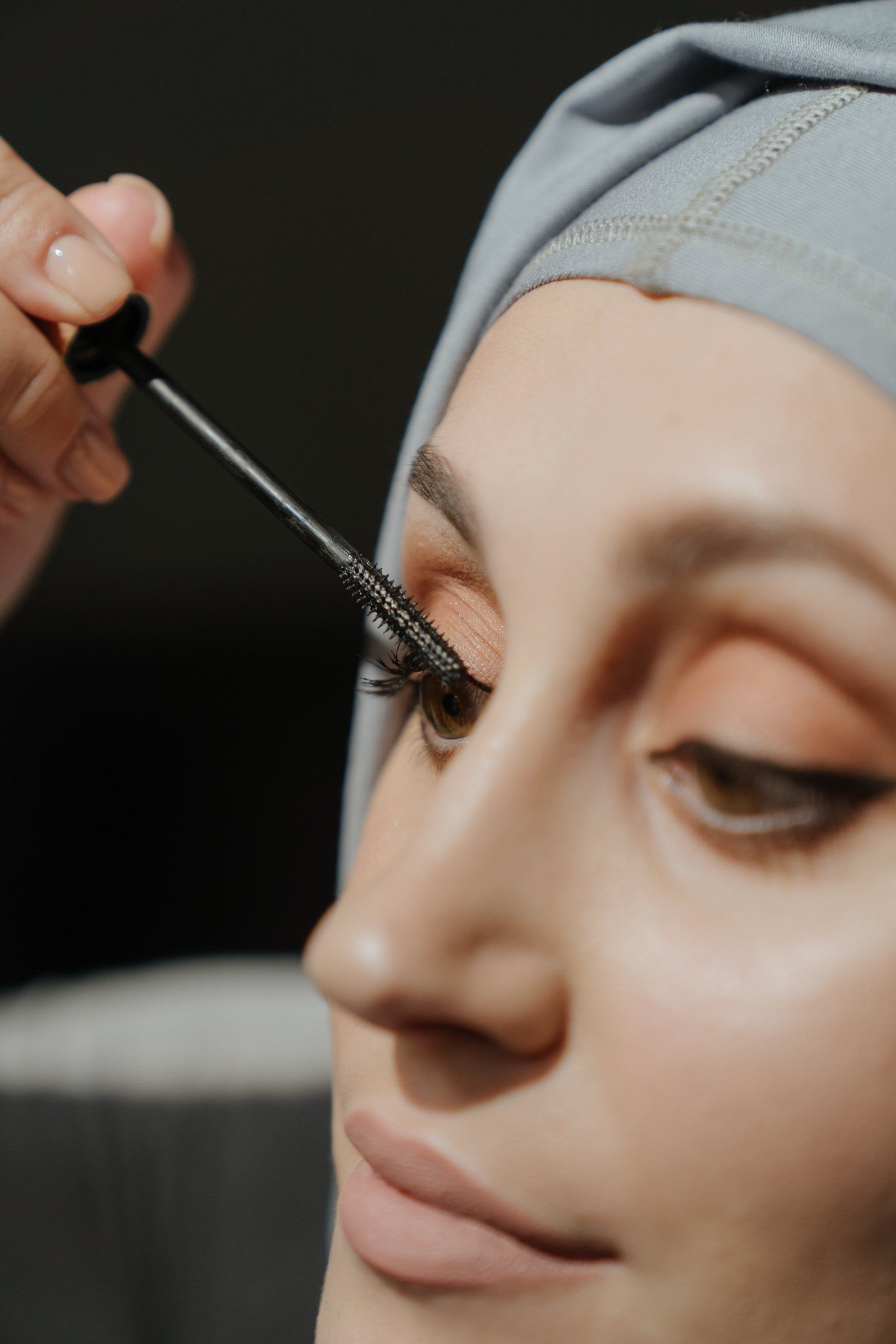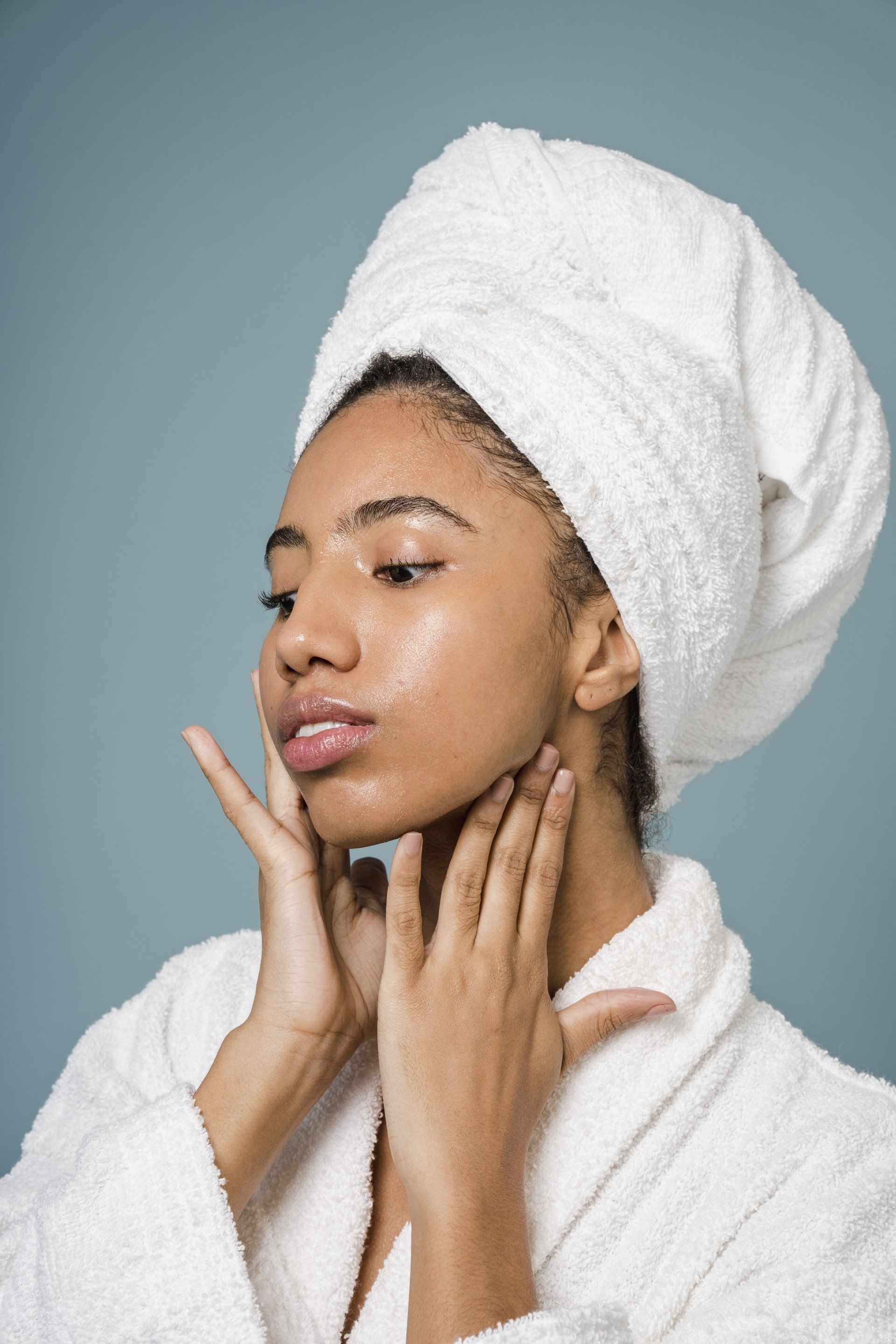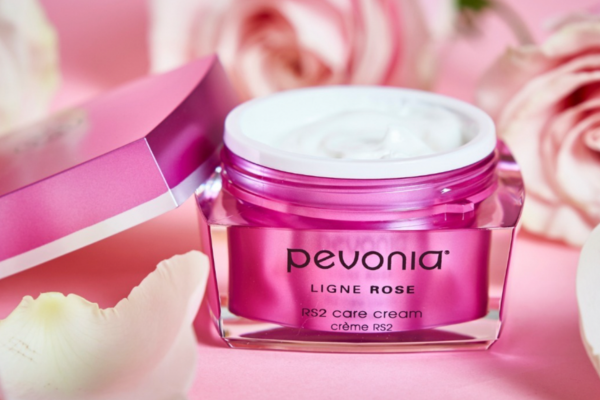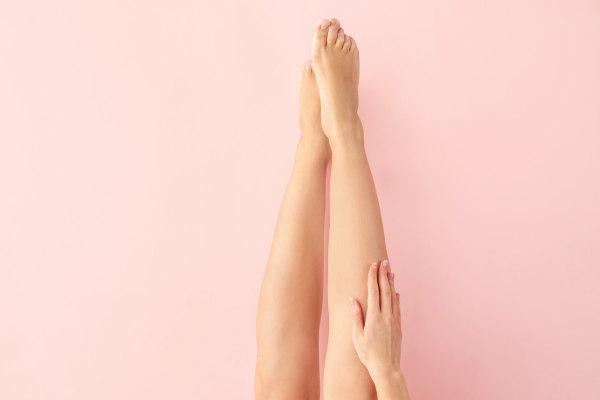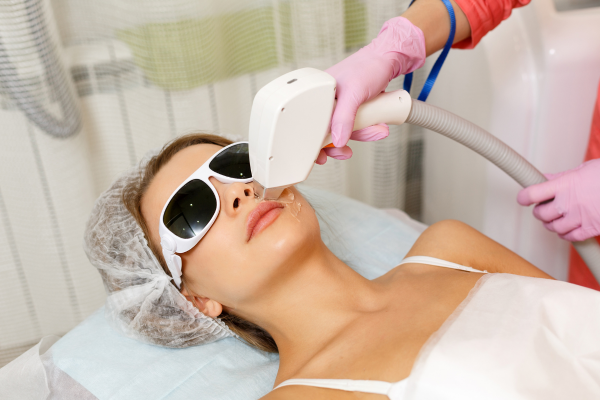Journey to Radiant Skin: Effective Strategies for Combating Acne
Acne - it's a common skin concern that affects millions of people worldwide. But with the right treatment, achieving clearer, healthier skin is within reach. This blog post delves into various acne face treatments, shedding light on how they work and who can benefit from them.
Understanding Acne: More Than Just Skin Deep
Acne is a skin condition characterized by the appearance of pimples, blackheads, and cysts. It's not just a cosmetic issue; acne can significantly impact an individual's self-esteem and quality of life. Several factors contribute to acne, including hormonal changes, genetics, stress, and certain lifestyle habits.
Types of Acne Face Treatments
When it comes to treating acne, there's no one-size-fits-all solution. Here's an overview of some popular acne face treatments:
1. Topical Treatments
- Benzoyl Peroxide: Effective in killing bacteria and slowing down the production of oil on the skin.
- Salicylic Acid: Helps unclog pores and reduces swelling and redness.
- Retinoids: Derived from vitamin A, these compounds promote skin cell turnover and prevent clogging of hair follicles.
2. Oral Medications
- Antibiotics: Reduce bacteria and inflammation.
- Birth Control Pills: Regulate hormones that can trigger acne.
- Isotretinoin: A powerful medication used for severe, cystic acne.
3. Professional Procedures
- Chemical Peels: Remove the top layer of the skin, helping to clear pores.
- Laser and Light Therapy: Target bacteria and reduce oil production.
- Extraction: Removal of blackheads and whiteheads by a skincare professional.
Choosing the Right Treatment for You
Selecting the right acne treatment depends on several factors, including the severity of your acne, skin type, and any underlying health conditions. It's essential to consult with a dermatologist who can tailor a treatment plan specific to your needs.
Lifestyle and Home Remedies
In addition to medical treatments, certain lifestyle changes can help manage acne:
- Regular Cleansing: Gentle washing to remove excess oil and dead skin cells.
- Healthy Diet: Limiting sugar and dairy intake may help some people.
- Stress Management: Stress can exacerbate acne, so finding ways to relax is crucial.
When to See a Dermatologist
If over-the-counter treatments aren't effective, or if your acne is severe, it's time to visit a dermatologist. They can prescribe stronger medications and offer professional procedures to help clear your skin.
Conclusion: A Journey to Clearer Skin
Acne treatment is a journey, and patience is key. With the right approach and professional guidance, you can achieve the clear, healthy skin you desire. Remember, every skin is unique, so what works for one person may not work for another. Stay positive and committed to your skincare regimen, and you'll see improvements over time.


